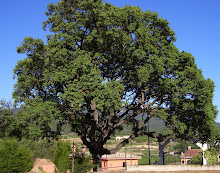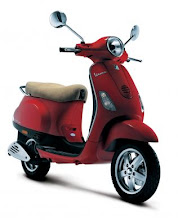
As in all of Southern Europe, as far as I know, Catalonia has few people reading books regularly. To remedy this situation, the regional governments of Catalonia and the Balearic Islands, the regions' booksellers' associations, and the regional transport authority of Barcelona distribute free leaflets in metro stations (next to the ticket-vending machines) that contain the first pages of a novel or a poetry book. Such a leaflet gives you a taste of the book, and you might end up buying the book (-or checking it out from a public library-), and reading on. There is a double aim: to promote reading in general, and to have more people reading in Catalan. The book thus introduced changes every week. To interact with other readers, there's a website: www.quellegeixes.cat (what are you reading.cat)
I doubt the measure's efficiency with non-readers but find it a great way for readers to spend their time on the metro or bus (apart from reading the free newspapers, distributed widely but a little thin on substance) and to get to know a wide range of novels and poetry.









